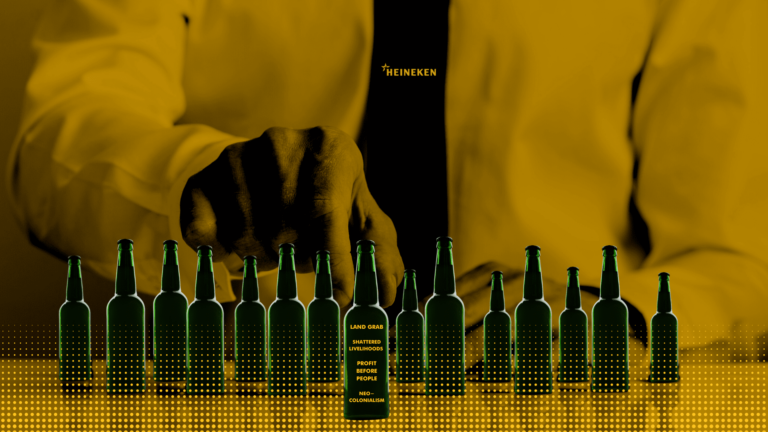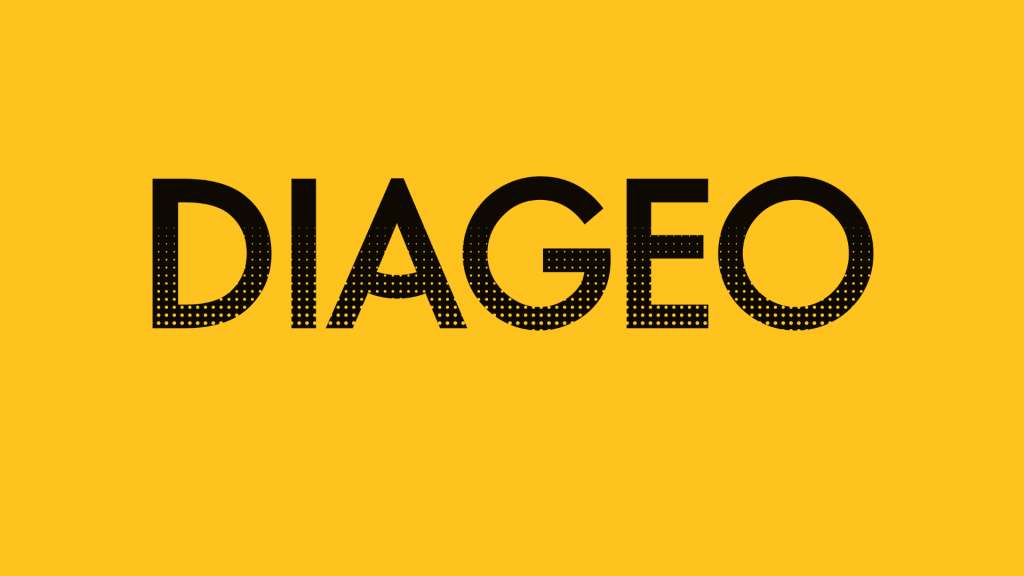This company profile of Diageo reveals the unethical practices of the world’s largest liquor producer. It provides examples of harmful methods across the categories of political interference, promotion, sabotage, manipulation, and deception – the Dubious 5 strategies.
Introduction
Diageo Plc is one of the biggest alcohol beverage producers in the world originating in the United Kingdom, with its headquarters in London, England.
Currently, the liquor giant has a collection of over 200 local and global spirits and beer brands across 180 countries in the world. The most prominent brands include Johnnie Walker, Captain Morgan, Baileys, Don Julio, Tanqueray and Guinness. The company is the world’s biggest Scotch whiskey producer.
Debra Ann Crew is the president and CEO of Diageo. She is also a board member of Mondelez International, and the former president and chief executive officer of Big Tobacco giant R. J. Reynolds. She has a track record of working for the interest of health harmful industries, having held senior management positions at PepsiCo, Mars, Incorporated, and Dreyer’s.
Fast Facts about Diageo in 2022
- Total revenue: 17,113 million GBP (2022/23)
- Alcohol volume sold: Equivalent Units 243 million (2022/23)
- Lobbying costs (US): 2,710,000 USD (2021)
- Lobbying costs (EU): 700,000 – 799,999 € (2022)
- Operating profit: 4,632 million GBP (2022/23)
- Global market share (distilled spirits): 52.5% (Q2, 2023)
- Marketing spends: 2,721 million GBP (2022)
Diageo involvement in front groups
- International Alliance for Responsible Drinking (IARD)
- The Portman Group
- DrinkWise
- Spirits Europe
- The World Spirits Alliance (WSA)
- Food Drink Europe
- British Chamber of Commerce | EU & Belgium
- AmchamEU
- World Federation of Advertisers
Interfering in policy and science
Diageo front groups are designed to advance long-term public relations goals to interfere in both policy and science.
UNETHICAL PRACTICES by Diageo
 Deception
Deception Dom Pérignon – Diageo venture fined in France for celebrity alcohol promotions
A Moët Hennessy Louis Vuitton (LVMH) and Diageo joint venture has been fined in France for a celebrity-driven alcohol marketing campaigns ...
 Promotion
Promotion Alcohol Industry’s misleading campaigns with celebrities – Diageo and K-Pop star SUHO
SUHO, a South Korean singer-song writer and actor with an extensive fan base of millions, particularly among the youth, has partnered with ...
 Manipulation
Manipulation Driving under the influence of alcohol campaign during Super Bowl week
Mothers Against Drunk Driving (MADD) and distributor Diageo North America have launched a campaign against driving under the influence of ...
 Deception
Deception ICC Cricket World Cup 2023 attracts surrogate advertising from alcohol brands
Description: The ICC Cricket World Cup 2023 has attracted sponsorship from major alcohol beverage brands, including Bira91, Royal Stag, ...
BROWSE MORE UNETHICAL PRACTICES by Diageo
BIG ALCOHOL IN THEIR OWN WORDS
Whisky brands are very reliant on a small number of heavy, and increasingly ageing, consumers, to provide the majority of volume [...] in the longer term we had to attract more younger drinkers—the heavy- using loyalists of tomorrow [to avoid] the potentially disastrous implications of losing heavy drinkers”.

“If Miller Lite was to be a large profitable brand we had to attract these young heavy drinkers”.

To the extent [that laws or regulations or actions against us to substantially curtail the consumption of alcohol, including beer] gain traction, they could have a material adverse effect on our business and financial results. For example, the European Union published its Europe Beating Cancer Plan. As part of the plan, by the end of 2023, the European Union has indicated it will issue a proposal for mandatory health warnings on alcohol beverage product labels."
Source: Molson Coors Annual Report 2022

